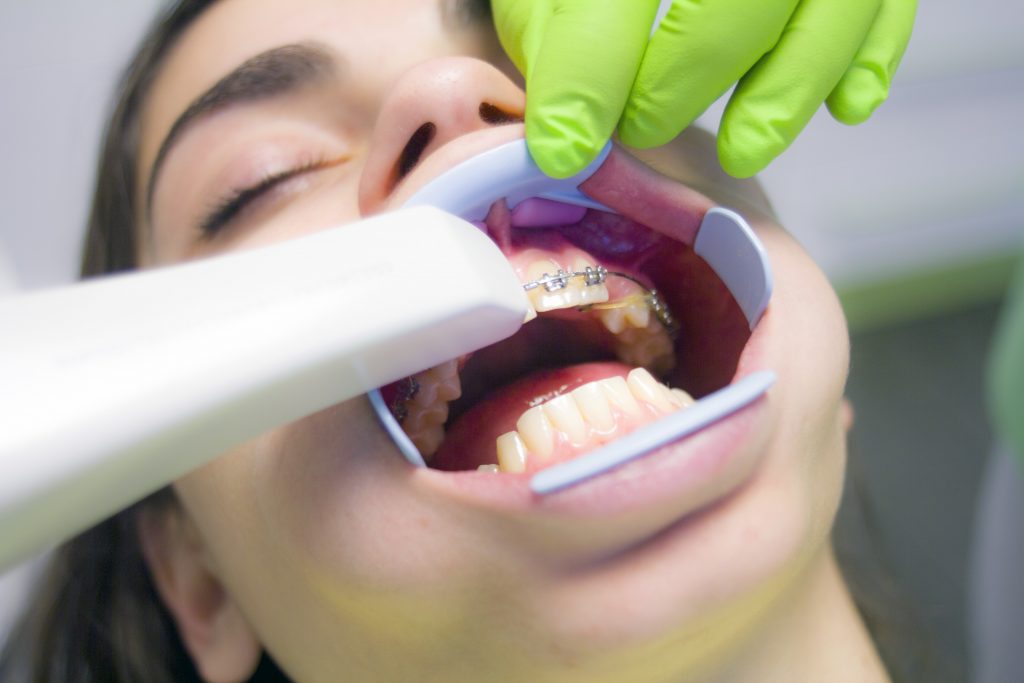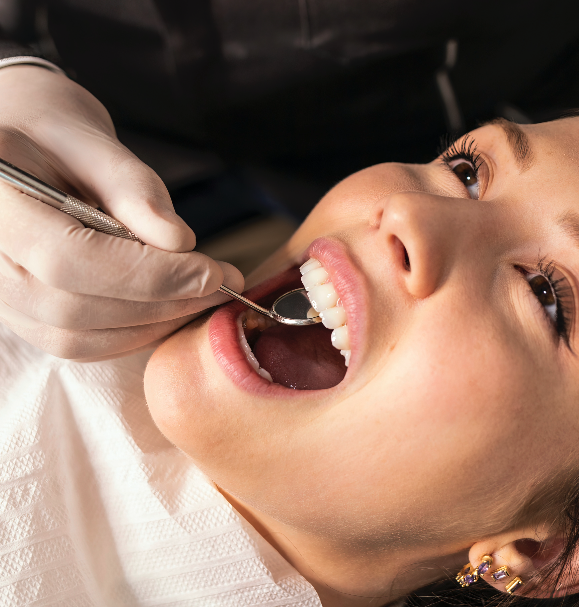
Sleep apnea is a severe sleep disorder that interrupts your breathing during sleep, often leading to a multitude of health problems if left unaddressed. It may surprise many, but orthodontic treatments can play a crucial role in managing sleep apnea, leading to better overall health and improved quality of life.
This disruptive condition, characterized by episodes of breathing cessation or shallow breathing while sleeping, affects millions of individuals worldwide. While there are various types and causes of sleep apnea, a common denominator is the compromised airway. The size, shape, and structural integrity of the airway directly influence the likelihood of developing sleep apnea.
In many cases, certain orthodontic issues, such as a narrow palate, misalignment of jaws, or overcrowding of teeth, can contribute to a reduced airway, enhancing the likelihood of developing sleep apnea. Fortunately, through targeted orthodontic treatments, these contributing factors can often be effectively addressed.
Orthodontic treatments, including braces, retainers, and other dental appliances, can help expand the palate, correct jaw misalignment, and address overcrowded teeth. This expansion and repositioning of oral structures often lead to a more spacious airway, thereby reducing apnea episodes’ frequency and severity.
Braces, typically associated with straightening teeth, can significantly reshape the oral cavity. They gradually realign the teeth, and in doing so, can reshape the surrounding structures, including the palate and jaw. This repositioning can increase airway space, reducing the chance of airway obstruction during sleep.
Orthodontic appliances, like expanders and retainers, can also be incredibly effective. Palatal expanders widen the upper jaw, improving the airway’s size and shape, and decreasing the likelihood of obstructions. Certain retainers can help keep the tongue in a forward position, preventing it from falling back and obstructing the airway.
Through these interventions, orthodontics can significantly mitigate the symptoms of sleep apnea. And considering that quality sleep is a cornerstone of overall health, the impact of successful sleep apnea management goes beyond reducing daytime sleepiness and snoring. It plays a vital role in preventing more serious health issues linked to sleep apnea, such as heart disease, stroke, high blood pressure, and even depression.
If you or someone you love suffers from sleep apnea and you’re ready to explore the variety of orthodontic treatment options available, we’re here to help. Schedule an appointment with our office today to discuss your specific situation. Together, we can build a customized treatment plan to address your needs, restore quality sleep, and promote your best health.

